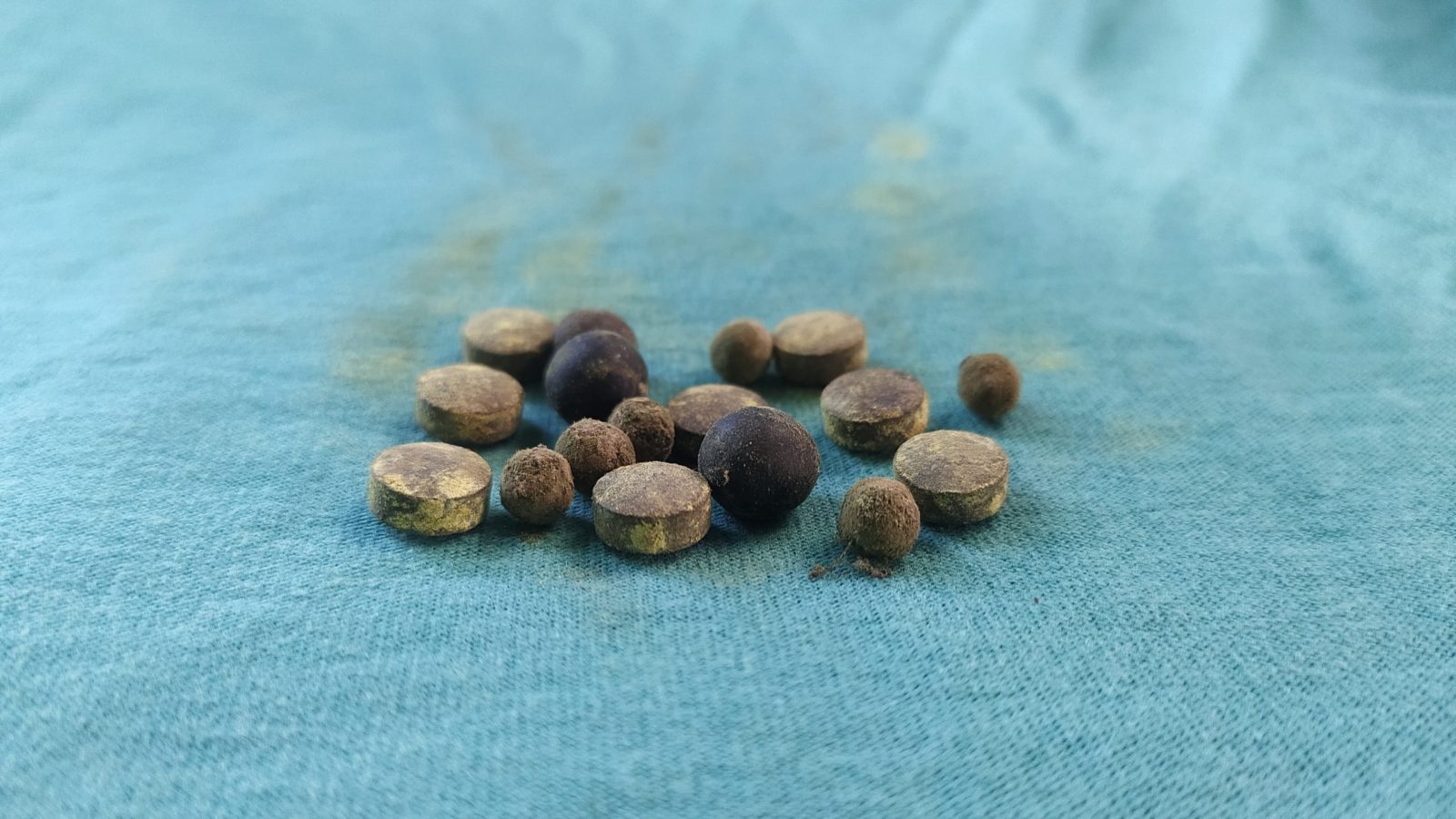Ayurvedic Medicine – Features of Ayurvedic Care
Ayurvedic drugs are one of the oldest traditional systems of health and disease management. Ayurveda history returns to thousands of years. The main purpose of Ayurveda has doubled – health promotion and managing disease. Come on, let’s explore the important features of this extraordinary health system, lifestyle and medical medicine.
One of the most beautiful features of Ayurvedic or Ayurveda treatments is that it is not only therapy or medical system. Ayurveda is basically a holistic approach to life, health and disease management. Ayurvedic approach includes the use of medicine, minerals, food, lifestyle, spirituality, and yoga.
Ayurveda has become a pioneer to maintain a holistic approach in medicine. Ayurvedic principles in the basic role for this holistic approach in medicine.
Ayurvedic treatments are based on personalized regimens for each individual. God and nature create each of us in a unique and medical way must consider our individuality. Ayurveda means our individuality in theory and in practice.
The personalized approach of the Ayurvedic drug is manifested in some conditions – when we consider the conditions of the Ayurveda doshas or humor and choose the Ayurveda’s body type, when we choose herbs, when we consider the age and time of treatment, when we consider the geographical location of the person, when we suggest food And lifestyle, when we evaluate individual physical and mental tolerances and practically dozens of other situations.
Some medical authorities connect the emergence of social medicine and preventive completely for modern medicine. Ayurveda Since the beginning upholding two basic goals – improving health and disease prevention. There are pelaratan about diet, daily regimens, cleanliness, immune enhancer and rejuvenation.
Ayurveda considered the right treatment for management that relieved disease and did not cause other diseases as a result of treatment. This was brought through balancing the quality and planning and formulation of the synergis of herbal medicine. However, getting free maintenance side effects is the hardest destination for any therapy system.
Rejuvenation care is given very important in Ayurveda which of eight branches in the ancient Ayurveda, one is fully devoted to rejuvenation, anti-aging, health promotion and geriatric health.
Ayurveda considers each individual as a physical, social, mental and spiritual creature. For social integrity, Ayurveda supports moral and spiritual principles and teaches that they are important for public health.
Panchakarma Therapy Ayurvedic is intended mainly for body purification. Panchakarma helps detoxibize our body thoroughly. The effects of the right diet and herbal supplements increase substantially after purification therapy.
Herbal Ayurvedic is the main therapeutic agent in Ayurveda. Herbal natural medicine is a great healing agency with very few or no side effects. Most of the use of herbal Ayurvedic is validated by modern herbal research. Some toxic and toxic herbs are used after their purification when they are free of their harmful effects.
Some mineral and animal products are also used in India in Ayurvedic treatments. These mineral and animal derivatives are purified and undergo special calcination processes. Calcination procedures increase their bioavail availability and free them from harmful effects. The use of Ayurvedic puncture minerals is not far popular outside the Indian continental child.
The whole world is being carried out to understand and use this preparation as the latest technology such as HPCL studies, clinical research testing reports, toxicity reports, their nanotechnology confirms their safety and efficacy.
Ayurvedic treatments include diet, sports, and lifestyle as an integral part of treatment.


Comments are closed.